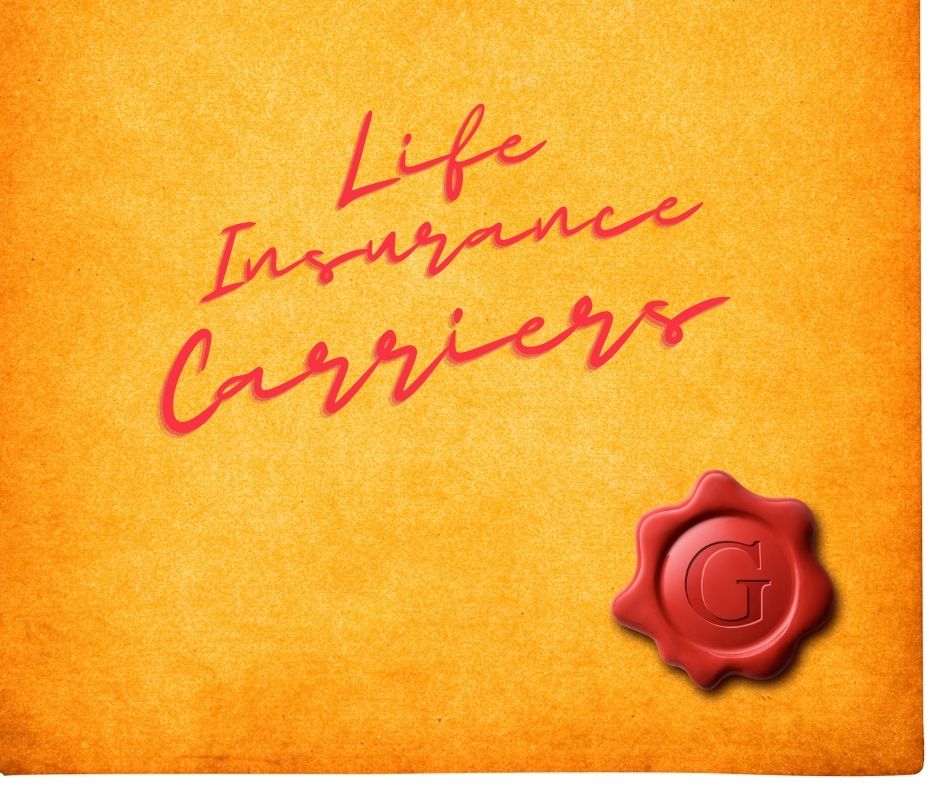guaranteed issue life insurance massmutual
There are pros and cons to guaranteed issue life insurance. Paying funeral costs can appeal to seniors with limited income, severe health conditions or family needs for around $10 per month may be attractive.



